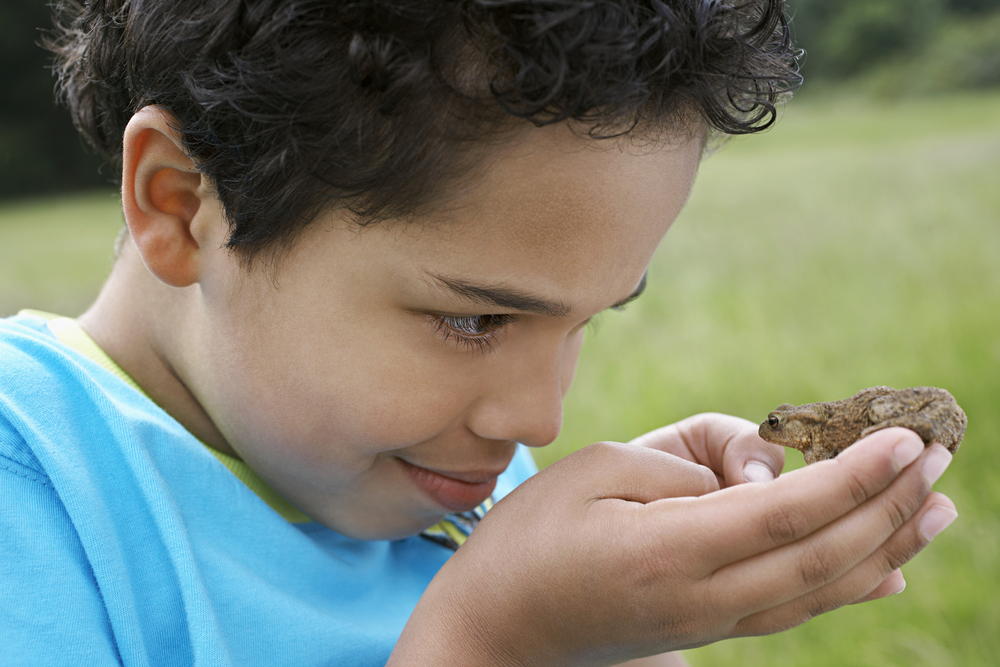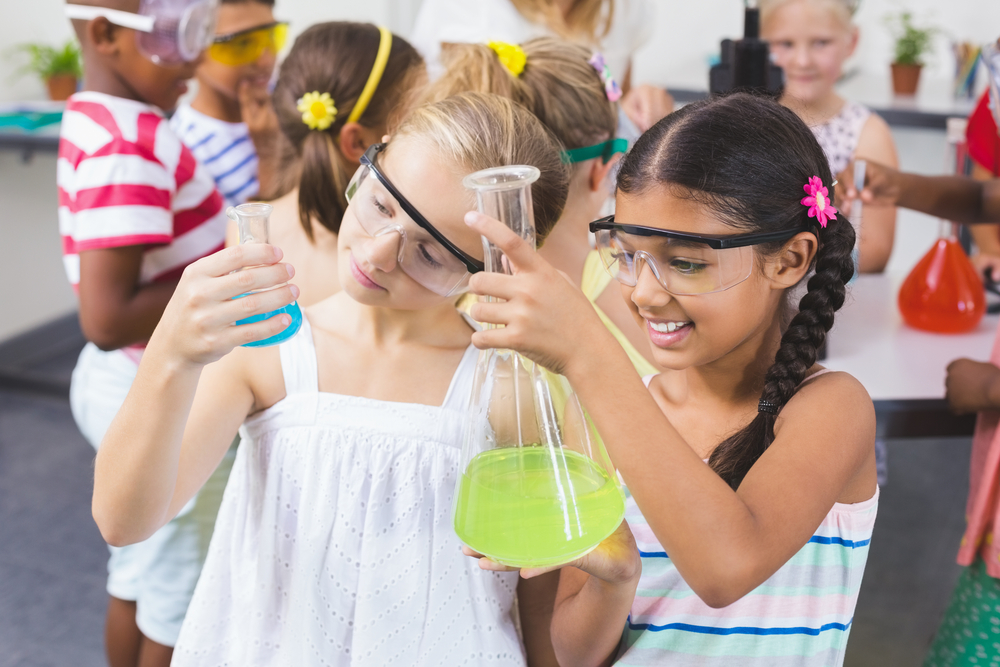Historical Knowledge Science Worksheets for Ages 7-9
5 filtered results
-
From - To
Discover our engaging Historical Knowledge Science Worksheets designed specifically for children ages 7-9. These interactive and educational resources help young learners explore significant historical events, figures, and concepts through the lens of science. Each worksheet provides stimulating exercises that encourage curiosity and critical thinking, making history fun and accessible. By integrating science and historical knowledge, children will understand the impact of scientific discoveries on the world we live in today. Perfect for home or classroom use, these worksheets foster a love for learning while helping kids develop important skills in both subjects. Start your educational journey today!
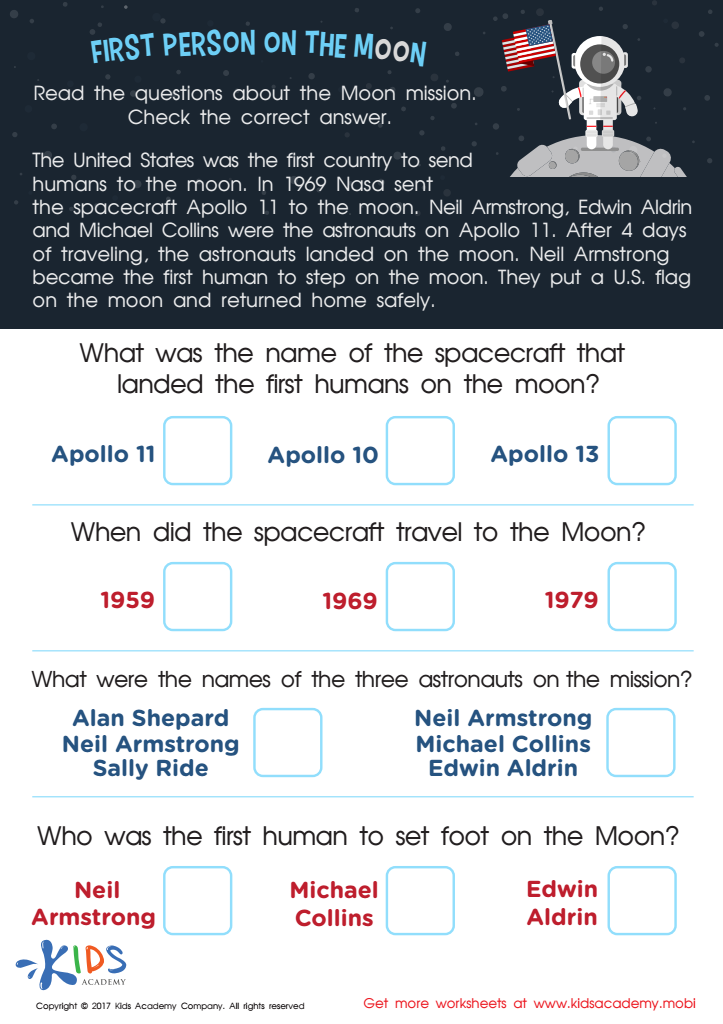

First Person on the Moon Worksheet
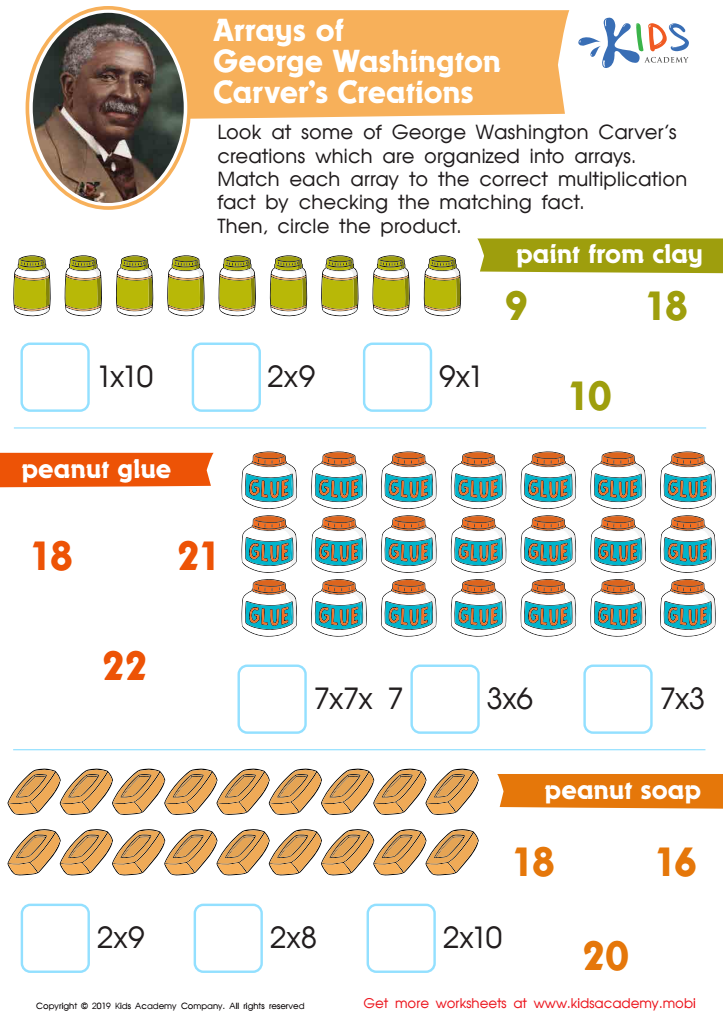

Arrays of George Washington Carver’s Creations Worksheet
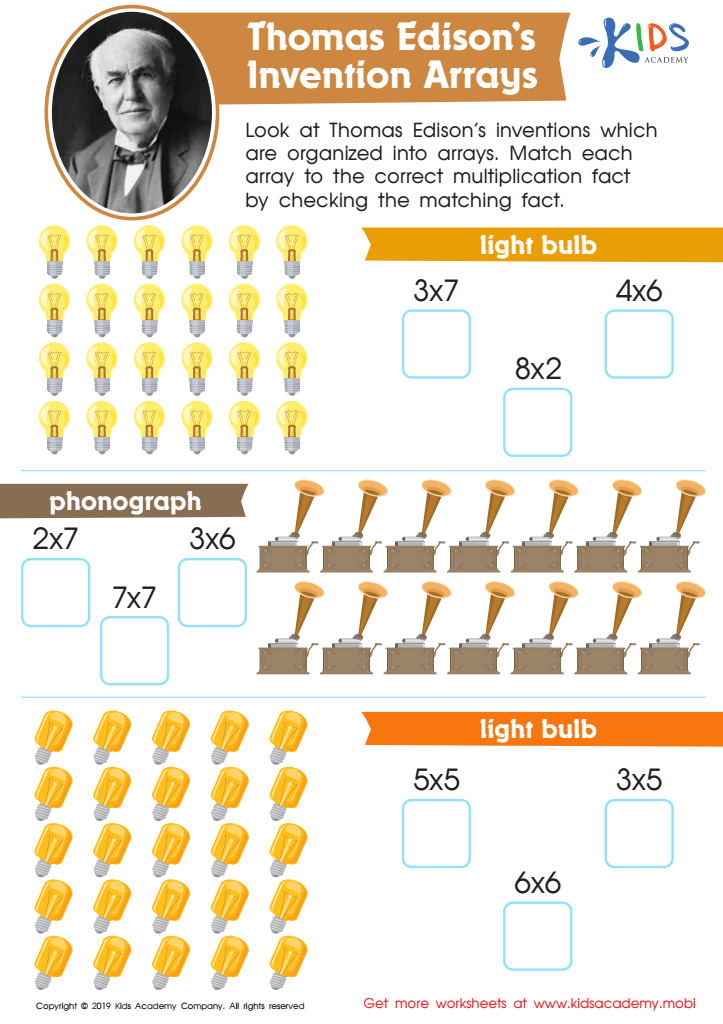

Thomas Edison’s Invention Arrays Worksheet
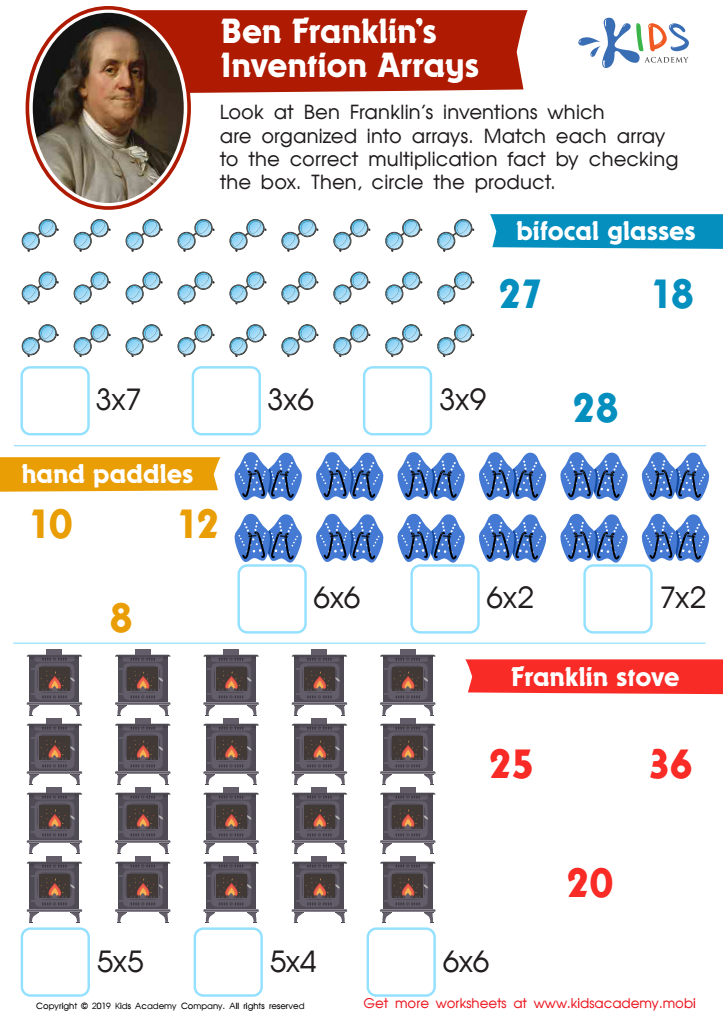

Ben Franklin’s Invention Arrays Worksheet
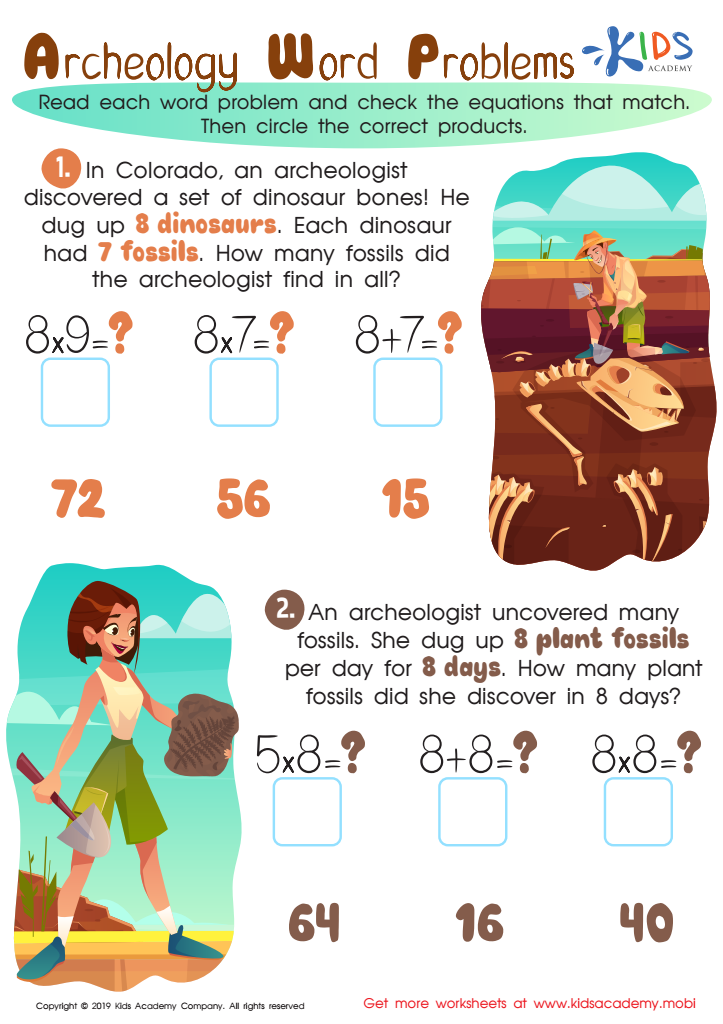

Archeology Word Problems Worksheet
Parents and teachers should prioritize Historical Knowledge Science for children aged 7-9 because it offers invaluable benefits that extend beyond mere facts and dates. This period in a child's education is critical for shaping curiosity and critical thinking skills. Engaging with history helps children understand the world around them, encouraging them to ask questions about their environment, cultures, and the past.
Historical Knowledge Science promotes an understanding of societal developments, significant events, and the contributions of diverse individuals and communities. This fosters a sense of identity and belonging while nurturing empathy and respect for others. Children learn to appreciate different perspectives and recognize that history shapes the present and future.
Moreover, integrating historical inquiry into education encourages interdisciplinary learning. It combines elements of social studies, ethics, and even science, fostering holistic development. Children will develop essential skills such as analysis, interpretation, and communication that are foundational in all areas of learning.
Instilling historical knowledge at an early age equips children not only with knowledge but with the ability to become informed and engaged citizens. Overall, by caring about Historical Knowledge Science, parents and teachers set the stage for lifelong learning and a proactive approach to understanding and participating in the world.
 Assign to My Students
Assign to My Students





